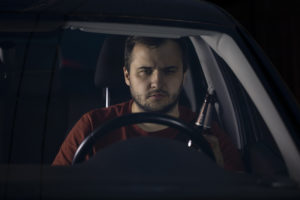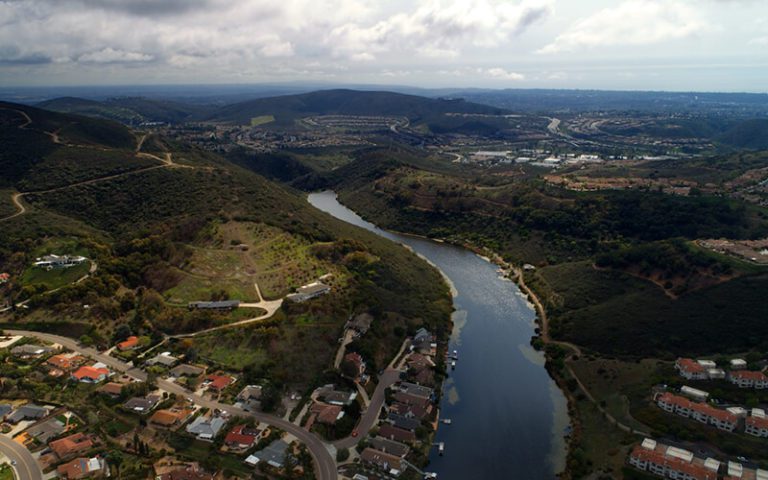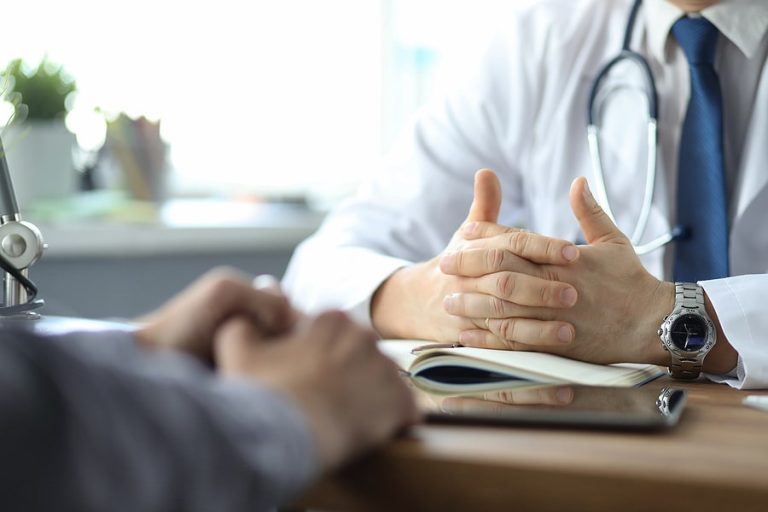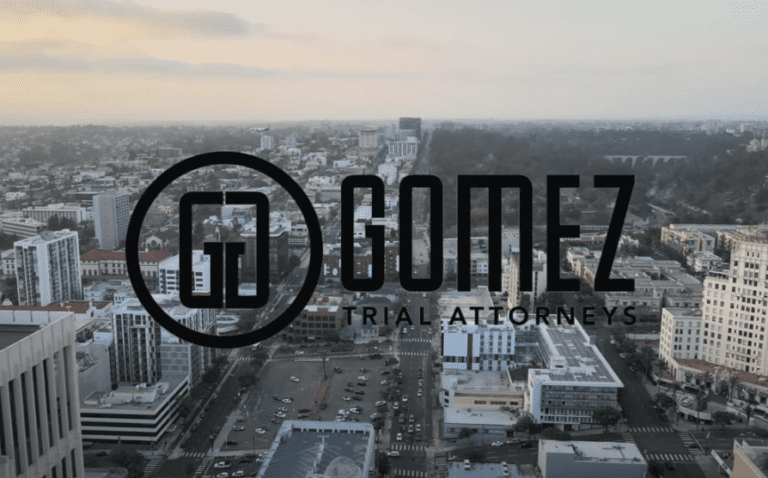 Drunk driving remains amongst the leading causes of death on US roads. About one-third of all traffic-related deaths in the country can be traced back to alcohol impairment.
Drunk driving remains amongst the leading causes of death on US roads. About one-third of all traffic-related deaths in the country can be traced back to alcohol impairment.
Here in San Diego, we face some unique risk factors that make drunk driving accidents more likely. Below, we cover some of the reasons why drunk driving accidents are so common in San Diego and we’ve included details about how a trustworthy lawyer can help after an accident, too.
What Makes Drunk Driving Accidents More Likely in San Diego?
Warm weather and great scenery
Anywhere there’s warm weather and a beach, leisurely cruises become the norm. Plenty of the people you pass on the road in San Diego are driving around for fun.
When people drive for recreation, they’re more likely to drive drunk. Some drivers might even intentionally drink before heading out onto the road. San Diego’s amazing weather and beautiful geography mean that lots of people head out onto the road for joyrides.
Reputation as a party/vacation city
Whether it’s a college party or you’re in town for an anniversary vacation, it seems like half of San Diego is always busy celebrating. We’re all for excitement! Oftentimes, though, parties and vacations lead to drinking alcohol.
Unfortunately, not everybody follows the rules of the road. People who have been drinking have the option to coordinate with a designated driver or call a rideshare. When they drive under the influence, they put everyone on the road at risk.
A robust drinking and dining culture
San Diego is home to thousands of local restaurants and bars. Whether you live here or you’re a tourist, chances are that you have spent time in San Diego eating and drinking.
Some people drink irresponsibly. Because our drinking and dining culture is so vibrant, there’s a very high risk of people drinking throughout the city and then driving home.
San Diego’s amazing food and drinks help give the city its unique pulse, but the prevalence of alcohol does increase the risk of drunk driving accidents.
Fewer public transportation options
Some cities and towns have robust public transit systems to help support their populations. Here in San Diego, our public transportation leaves a lot to be desired.
Any time a city has minimal options for public transit, it increases the risk of drunk driving accidents. Most people in San Diego need to drive everywhere that walking isn’t feasible. That means that there are lots of people who have been drinking on the road who could be safely riding a bus or train instead.
Drunk Driving: The Risks
Drunk driving is dangerous in more ways than one. Alcohol is a depressant. It slows the central nervous system, which results in body-wide effects.
Drinking alcohol:
- Increases the risk of dangerous behaviors: Drunk drivers are likely to engage in other dangerous behaviors when they’re impaired behind the wheel. Speeding, aggressive driving, and distracted driving are all very common while drunk. People who drink before they drive may ignore the rules of the road entirely.
- Impedes reactions: We all rely on our reaction times to prevent accidents when we drive. When someone’s reaction time is slowed, it opens up the door to a lot of risks. Sober drivers can generally respond quickly to potentially dangerous situations. Drunk drivers often cannot.
- Decreases motor control: Operating a vehicle successfully doesn’t just take knowledge—you need to use motor skills and control. People who drive drunk don’t have the motor control necessary to drive a vehicle.
- Decreases decision-making capacity: Decision-making is an integral part of driving. At any given moment, a driver might need to make several simultaneous decisions to keep themselves and others on the road safe. Some drunk drivers completely fail to react to dangers or accidents; and, in most cases, the reactions that do occur are inappropriate.
- Decreases visual functions: You obviously need to see clearly to drive. When somebody is drunk, they can’t track objects as easily as they can when they are sober. Some people may suffer from tunnel vision or completely blurred vision after drinking. It’s not safe to drive with compromised visual functions.
The Effects of Blood Alcohol Concentration (BAC)
Somebody’s blood alcohol concentration (or BAC) refers to the percentage of alcohol in their bloodstream. BAC is influenced by a variety of factors.
Weight, biological sex, medications, and drinking timeframe all affect BAC.
- BAC of 0.02: Some loss of judgment, altered mood, relaxation; may have trouble visually tracking a rapid target, decline in the ability to perform two tasks at once
- BAC of 0.05: Impaired judgment, lowered alertness, may have a loss of some small-muscle control (like focusing the eyes); reduced coordination, difficulty steering, reduced response to emergencies
- BAC of 0.08: Impaired muscle coordination, memory, and reasoning alongside judgment, concentration, and speed control; reduced information process capability (like signal detection) and impaired perception
- BAC of 0.10: Slowed thinking, poor coordination, deteriorated reaction time and control; reduced ability to maintain lane position and brake
- BAC of 0.15: Vomiting may occur, major balance loss, much less muscle control than normal; substantial impairment in visual and auditory processing, vehicle control, etc.
Even at a BAC of 0.01 to 0.06 or 0.07, it is safest not to drive. We recommend searching for public transportation or rideshare services instead. Drunk driving—even with a small amount of alcohol in your system—is not safe.
Most people notice difficulty navigating at a BAC of 0.07 or higher. Nobody should drive once they reach this level of blood alcohol concentration.
BAC: Influencing factors
Several factors influence a person’s BAC. The number of standard drinks (a 12-ounce beer, five-ounce glass of wine, or 1.5-ounce shot of hard liquor) someone consumes is the most obvious.
BAC is also affected by:
- Biological sex: Women and men metabolize alcohol differently
- Bodyweight: Weight determines how much space alcohol has to diffuse in the body
- Medications: Certain medications have dangerous interactions with alcohol—even some OTC drugs
- Drinking timeframe: The faster someone drinks large quantities of alcohol, the less likely their body is to properly metabolize the alcohol
3 Tips for Protecting Yourself After a Drunk Driving Accident
Do not admit or accept blame
Even after becoming the victim of a drunk driving accident, an insurance company may try to push some (or all) of the blame for the accident onto you. Never admit or accept blame after an accident you did not cause. Drunk drivers should be held fully accountable for their conduct.
Do not give a statement
Chances are, the insurance company is badgering you for a recorded statement. They might even say that you have to give this statement. You do not. The only reason they want your statement is so that they can look for details to diminish your claim’s value.
Don’t engage in early settlement negotiations
Since it can be difficult for an insurer to avoid liability after a drunk driving accident, sometimes they take a different approach to contacting you and offer you an early settlement. Don’t give in to their pressure to settle early. When you settle a claim early, you do not receive the full amount of compensation that you deserve.
The Drunk Driving Statute of Limitations
Every state has a statute of limitations that defines how long accident survivors have to make a claim. Think of statutes of limitations as deadlines. Here in California, the statute of limitations on car accidents allows accident survivors two years to file a claim.
It’s important to start your claim before the two-year point arrives. A lawyer can promptly handle your case. There’s no good reason to wait to take legal action after a drunk driving accident—you don’t want to miss out on compensation just because you ignored a time limit.
What Can I Recover After a Drunk Driving Accident in San Diego?
Medical expenses
If you were in a drunk driving accident, chances are that you have medical expenses to contend with. You can work with a lawyer to pursue compensation for these expenses. Past, current, and projected medical bills associated with the accident may all be compensable.
Compensation for medical expenses extends to include almost every type of cost you can imagine. The costs of emergency transport and treatment, surgeries, prescriptions, long-term care, and even custom medical equipment may all be recoverable.
Lost wages
Most drunk driving accidents are severe enough that survivors have to miss time from work after a crash. If you missed time from your job because of an accident, you may be eligible to collect damages for lost wages. These help compensate accident survivors for the wages they lost because of a crash.
Diminished earning capacity
Lots of people don’t realize this: an accident can have an impact on your ability to earn money. Drunk driving crashes don’t just force survivors to miss time from work; in some cases, these accidents permanently change survivors’ ability to earn money and make a living.
If your injuries or mental health prevent you from earning as much money as you did before your accident, you could be eligible to pursue compensation for diminished earning capacity. Some people’s earning capacities are only partially diminished because of a crash. For others, working may become next to impossible.
Property damage
If a drunk driving accident causes any physical damage at all, the damage is likely reflected on your vehicle. Sometimes, even property inside of a vehicle is damaged in a crash.
Compensation through a civil claim can also pay for property damage after an accident. These help with repair and replacement costs.
Pain and suffering
Most of the time, if a car accident causes injuries, those injuries cause pain. You don’t deserve to experience pain and suffering because of someone else’s recklessness or negligence. If you were in a drunk driving accident and you’ve experienced pain and suffering, your attorney can help you recover compensation.
Mental anguish
Mental anguish can occur after any kind of drunk driving accident. The impacts that these accidents have are often long-lasting; many people feel a sense of anxiety or hopelessness when they’re faced with injuries, medical bills, and so on.
You deserve to be compensated for your mental anguish. When you work with a drunk driving accident lawyer, they can help you pursue justice and compensation for your experiences.
A Drunk Driving Accident Attorney Can Help
If you or someone you love has been hurt in a drunk driving accident, a lawyer can help you pursue justice and compensation for your losses. Experienced drunk driving accident attorneys support their clients throughout the legal process.
Your lawyer will handle:
- Evidence collection, investigation, and preservation
- Partnerships with accident reconstructionists and other experts
- Litigating your case
If your case needs to go to trial, your lawyer will bring the case for you. Most cases settle outside of court, but you never know when a case may need to escalate to secure a just settlement or verdict.
The right drunk driving accident lawyer for your case will be empathetic and aggressive. Ideally, you should find a firm that does not represent defendants in drunk driving cases. Look for someone who specializes in fighting for the interests of injured victims.







